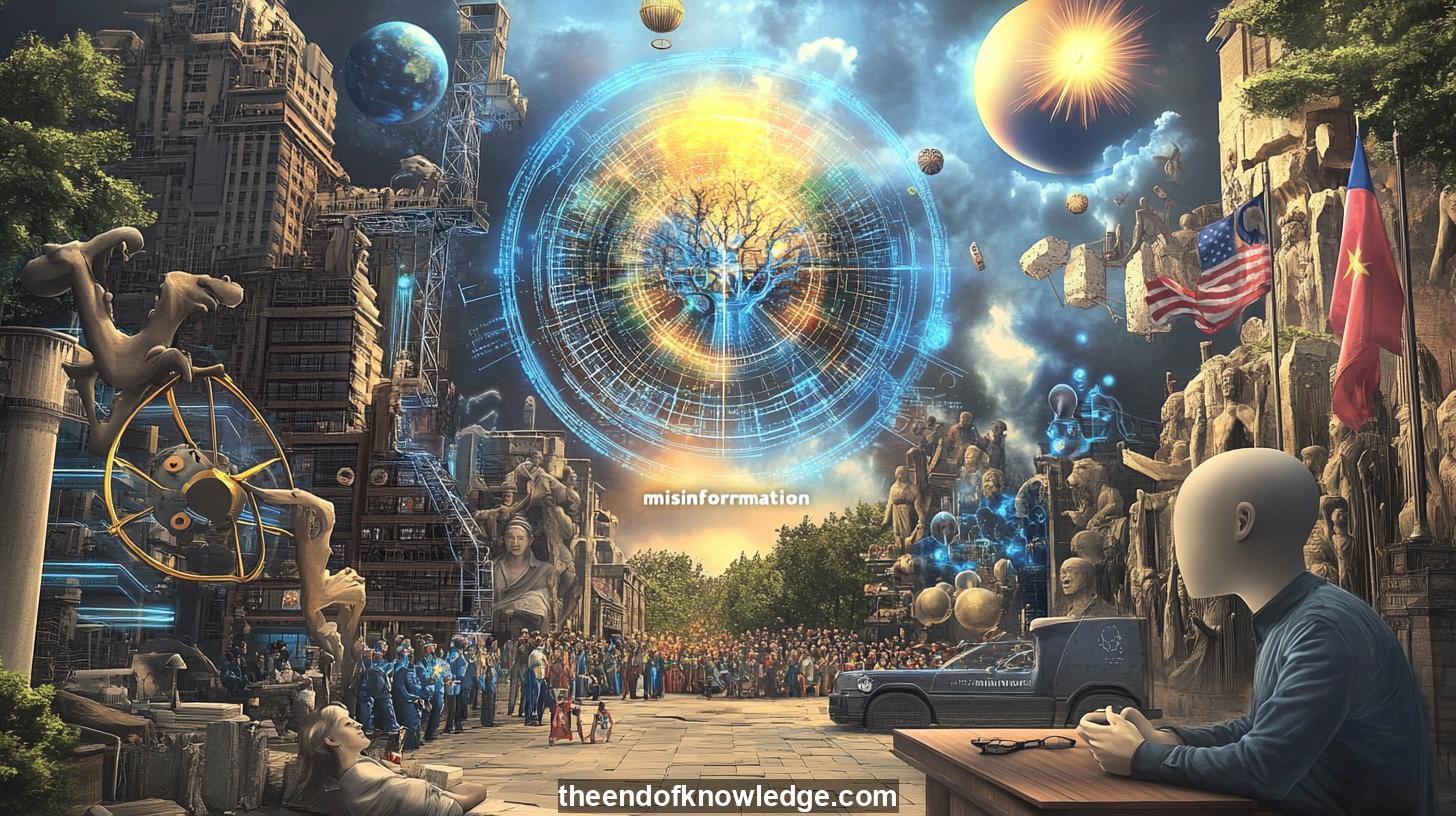 >
>
Concept Graph, Resume & KeyIdeas using DeepSeek R1 :
Resume:
discusses the Stanford AI Index Report 2023, which highlights the rapid advancements and widespread adoption of artificial intelligence (AI) across various sectors. It emphasizes the shift from academic research to industrial applications, with private companies taking the lead in AI development. The report also underscores the ethical challenges, including bias, toxicity, and the need for transparency in AI systems. Environmental concerns, such as the high energy consumption of training AI models, are addressed, along with the potential of AI to contribute positively to sustainability. The growing demand for AI professionals, particularly in industries like healthcare and education, is noted, as well as the increasing global competition, with the United States and China leading in AI innovation. concludes by stressing the importance of ethical considerations and the need for collaboration between governments, industries, and academia to ensure AI benefits society as a whole.30 Key Ideas:
1.- The Stanford AI Index Report 2023 provides a comprehensive analysis of AI advancements and their societal implications.
2.- AI adoption has shifted from academic research to industrial applications, driven by private sector investments.
3.- Ethical concerns, including bias and toxicity, remain significant challenges in AI development.
4.- The environmental impact of AI, particularly energy consumption, is a growing concern.
5.- AI has the potential to contribute positively to sustainability and energy optimization.
6.- The demand for AI professionals is increasing, particularly in healthcare and education.
7.- Global competition in AI innovation is intensifying, with the U.S. and China leading.
8.- Collaboration between governments, industries, and academia is crucial for ethical AI development.
9.- AI systems are becoming more integrated into daily life, raising questions about privacy and surveillance.
10.- The report highlights the need for regulatory frameworks to govern AI applications.
11.- Public perception of AI is mixed, with optimism about its potential and concerns about its risks.
12.- AI tools like ChatGPT are revolutionizing customer service and user interaction.
13.- The integration of AI in education could transform learning experiences but also raises equity concerns.
14.- AI is increasingly used in healthcare for diagnostics, drug discovery, and personalized medicine.
15.- The report emphasizes the importance of diversity and inclusion in AI development.
16.- AI has the potential to exacerbate existing inequalities if not managed responsibly.
17.- The ethical implications of AI, such as job displacement, require careful consideration.
18.- AI systems are being used to address global challenges like climate change and pandemics.
19.- The development of AI requires a balance between innovation and regulation.
20.- The report calls for ongoing dialogue to ensure AI benefits all segments of society.
21.- AI advancements are reshaping industries, from finance to agriculture.
22.- The role of AI in governance and policy-making is becoming more prominent.
23.- AI tools are being used to enhance decision-making in both public and private sectors.
24.- The report highlights the need for transparency in AI decision-making processes.
25.- AI has the potential to improve accessibility for people with disabilities.
26.- The integration of AI in transportation is leading to safer and more efficient systems.
27.- AI is transforming the retail sector through personalized shopping experiences.
28.- The report underscores the importance of AI literacy for the general public.
29.- AI systems are being used to combat misinformation and enhance fact-checking.
30.- The future of AI depends on addressing its ethical, social, and environmental challenges.
Interviews by Plácido Doménech Espí & Guests - Knowledge Vault built byDavid Vivancos 2025